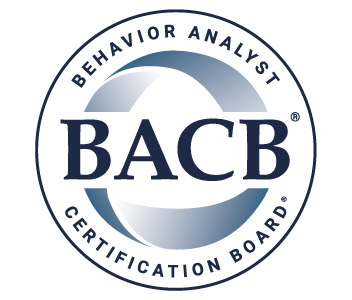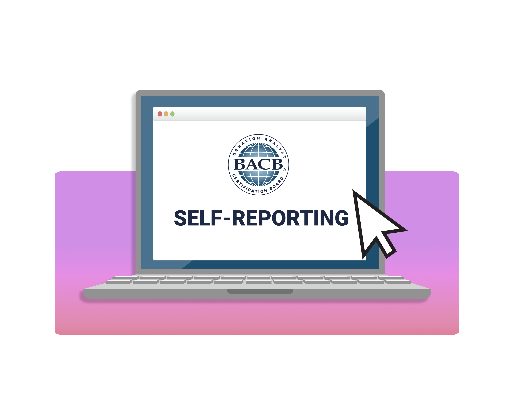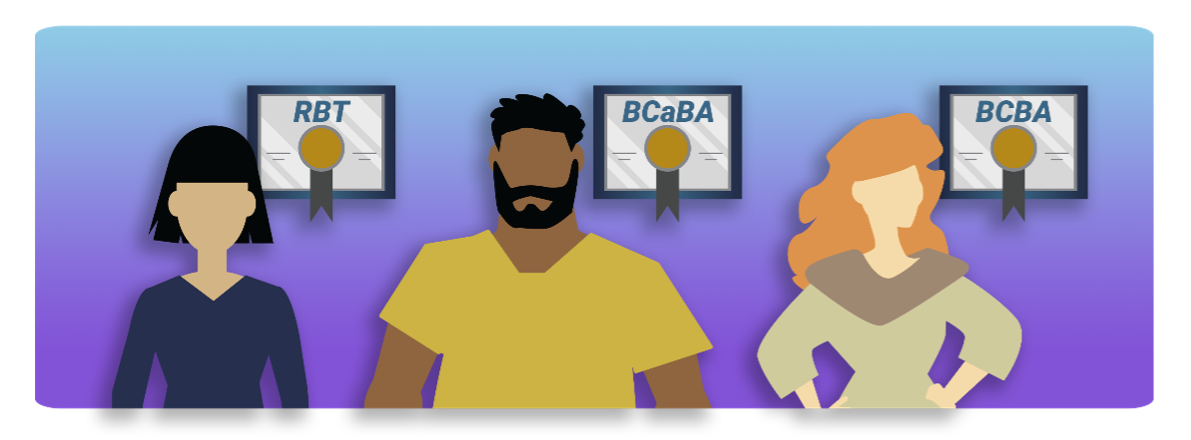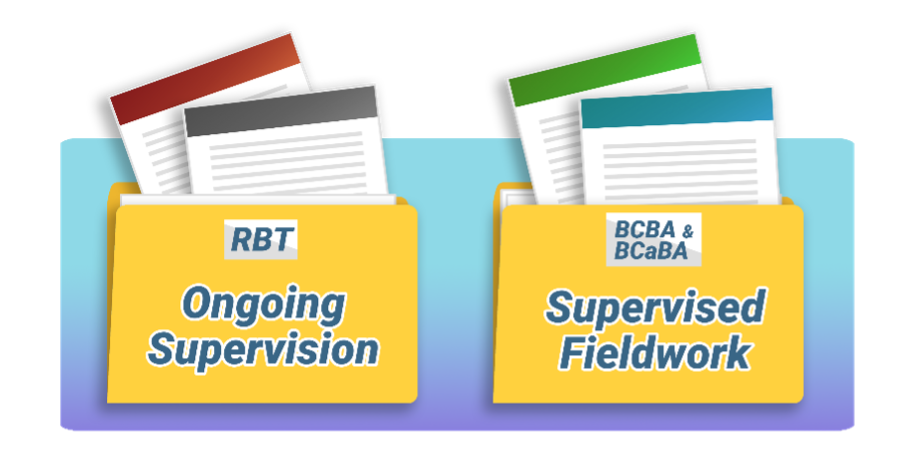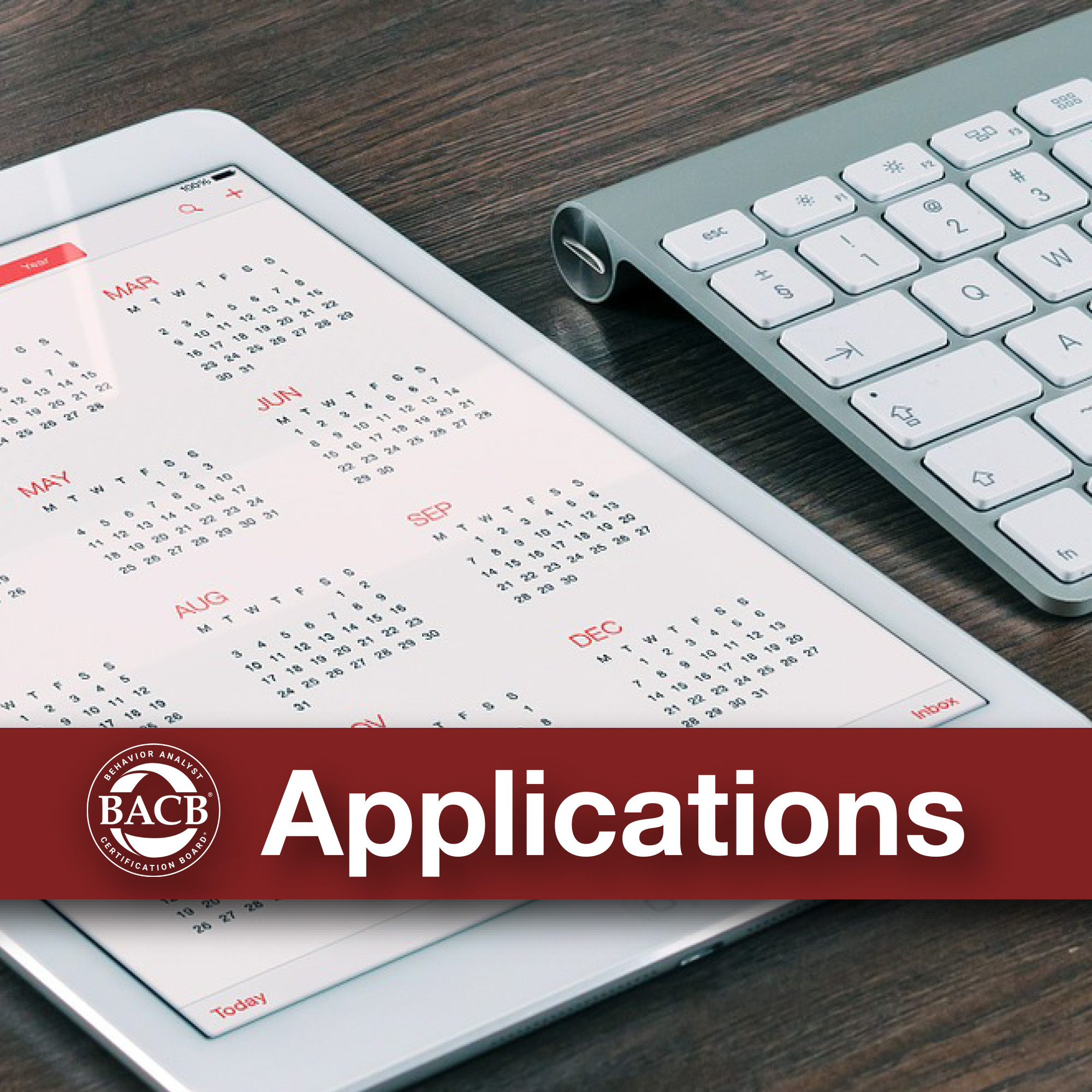The goal of fieldwork supervision is to help trainees successfully meet requirements and build the foundational skills and competencies they need to become confident, independent behavior analysts. A critical part of supervision is documentation—it’s how trainees demonstrate their eligibility to become a BCBA or BCaBA.
In a perfect world, supervision would be seamless: no hiccups, no gray areas, and flawless documentation. But let’s be honest—real life doesn’t always work that way. Plans shift, issues surface, and roadblocks pop up along the way—and that’s ok. This blog post is here to help you navigate those moments when supervision doesn’t go as planned—and offer practical steps to get things back on track.
Start with a Solid Supervision Contract
One of the best ways to prevent issues before they arise is to set clear expectations from the start through a well-written supervision contract.
The fieldwork requirements in each Handbook outline all necessary elements of the contracts. However, including these elements in a contract can help establish a strong relationship from the beginning:
- Clear expectations. Define specific performance metrics and outline what will happen if those expectations are not met.
- Verification form criteria. Clearly outline the requirements that must be met for you to sign the Monthly or Final Fieldwork Verification forms (e.g., within one calendar month of the end of the relevant month) and specific circumstances that would prevent you from signing the forms.
- Ethical guidelines. Include relevant ethical requirements and detail what the consequences are for not following them.

Make the Most of Supervision Meetings
Supervision meetings are more than just check-ins—they’re your opportunity to provide meaningful support, feedback, and structure. Here are a few ways to make each meeting count:
- Give regular feedback. Feedback should be part of every meeting. Talk early on about how your supervisee prefers to receive feedback. If performance is slipping, provide timely, performance-based feedback.
- Follow up. If you’ve provided corrective feedback, follow up to check on progress. Reinforce positive change and continue offering support. If needed, discuss whether pausing fieldwork accumulation might be appropriate.
- Keep records. Document all feedback—both positive and corrective. This protects both parties and helps track progress over time.

Frequently Asked Questions
Q: I don’t feel comfortable signing a Monthly Fieldwork Verification Form (M-FVF). What should I do?
A: Not feeling comfortable signing an M-FVF is a serious concern, and it’s important to approach the situation thoughtfully and ethically. Here are some key steps to consider:
- Start with the contract. Review the supervision contract. It should explain when the forms can or cannot be signed. If the supervisee has met all expectations outlined in the agreement and the hours met the fieldwork requirements, the form must be signed.
- Address ethics concerns immediately. If unethical behavior has occurred, clearly explain to the supervisee that the associated hours cannot be counted toward supervised fieldwork. Be sure to document both the behavior and your conversation.
- Mind the deadline. M-FVFs must be signed within one calendar month of the end of the relevant month. If that window passes, you can no longer sign the form—even if everything else is in order. Ensure supervisees are aware of this deadline and encourage them to stay organized and on schedule.
- Tackle performance concerns proactively. If the issue is related to the supervisee’s performance, it should have been discussed during the supervision period. Documenting these concerns throughout the month supports your decision.
- Use a supervision checklist. A checklist can help ensure you cover key topics—such as M-FVF review and signing, performance feedback, and documentation—each month. It can also reduce last-minute surprises and keep supervision meetings productive.
Q: I don’t feel comfortable signing a Final Fieldwork Verification Form (F-FVF). What should I do?
A: Withholding a signature on an F-FVF is an important decision. Here’s how to approach it:
- Review the supervision contract. Your agreement should clearly explain if and when you can withhold a final signature. If it doesn’t or the situation resulting in you not signing the form is not covered in the contract—and M-FVFs were signed consistently—you may still be required to sign the F-FVF.
- Review performance documentation. If you’ve documented ongoing performance concerns throughout supervision, that documentation may support your decision. But if there’s no supporting documentation, you may not have a basis to withhold the signature.
- Address unethical behavior. If unethical behavior was discovered during fieldwork, address it immediately and note that the hours won’t count. If the unethical conduct is discovered after supervision ends, refer to your contract and the Ethics Code for Behavior Analysts for guidance on how to proceed.
- Know your limits. If your contract does not include language about retroactively invalidating hours, you generally cannot withhold the F-FVF signature based on new concerns that were not addressed during fieldwork.
Q: How do I know if I am providing supervision according to the requirements?
A: Providing supervision in line with BACB requirements is essential for ensuring your trainee’s hours are valid and meaningful. Here’s a quick refresher on key supervision requirements:
- Activity types: Restricted vs. Unrestricted. All of a trainee’s hours must be categorized as restricted or unrestricted hours.
Those pursuing BCBA certification need to have at least 60% of fieldwork hours spent on unrestricted activities, while no more than 40% may be spent on restricted activities.
Those pursuing BCaBA certification need to have at least 40% of fieldwork hours spent on unrestricted activities, while no more than 60% may be spent on restricted activities.
Restricted Activity ExamplesUnrestricted Activity Examples (at least 60% of Fieldwork for BCBA Fieldwork; at least 40% of Fieldwork for BCaBA Fieldwork)Delivering therapeutic and instructional procedures
- Observation and data collection
- Training staff and caregivers on behavior-analytic programs
- Conducting assessments related to behavioral intervention
- Meeting with clients about programming and services
- Data graphing and analysis
- Researching the literature related to a client’s programming
- Writing and revising behavior-analytic programs
- Supervision format: Group vs. Individual. Individual (one-on-one) supervision should be the primary format. Group supervision (up to 10 trainees) can make up no more than 50% of the total supervision time in a given period.
- Observation requirement. Supervisors must observe the trainee working directly with a client at least once per supervisory period.
- Fieldwork types. There are two types of supervised fieldwork:
- Supervised Fieldwork: Standard hourly requirements and supervision ratios.
- Concentrated Supervised Fieldwork: Allows for faster completion but requires more frequent supervision and fewer hours overall.
- Supervision hour requirements:
- Supervised Fieldwork: At least 5% of the total monthly fieldwork hours accrued must be supervised.
- Concentrated Supervised Fieldwork: At least 10% of the total monthly fieldwork hours accrued must be supervised.
- Licensure. If the trainee resides or practices in a state with licensure, you—as the supervisor—may need to be licensed in that state. It is important to know the laws in any state where you are practicing or providing supervision, as failure to comply may result in significant consequences, such as a violation of state law (e.g., practicing without a license) or restrictions on the trainee’s ability to later become licensed.
- Stay current.
- BCBA and BCaBA Handbook. Always refer to the most recent BCBA Handbook or BCaBA Handbook for detailed and up-to-date supervision requirements.
- Upcoming 2027 Changes. New requirements are on the way. A resource will be released soon to help clarify which M-FVF and F-FVF forms to use as the transition occurs.
- BACB Newsletters. Be sure you have subscribed to the BACB Newsletter and that you carefully review each newsletter that is published. The BACB announces important upcoming changes in requirements in the newsletters along with other critical information for certificants.

Common Scenarios
Scenario 1: My trainee is not meeting expectations by month-end.
It’s the end of the month and my trainee hasn’t been meeting expectations (e.g., not in compliance with the Ethics Code, not responding to feedback, unprofessional behavior, did not meet one or more of the fieldwork requirements) despite corrective feedback throughout the month. What should I do?
- Review their hours. If the trainee’s hours are not meeting the fieldwork requirements, you should either work with the trainee to determine whether adjustments can be made (e.g., reduce the number of independent hours so the supervision percentage meets the requirements) or do not sign the M-FVF for the month. Remember: Signing the M-FVF form attests that the hours completed should count toward certification.
- Review the supervision contract. If the trainee’s behavior is not aligned with the expectations in the supervision contract, you may choose not to sign the M-FVF. If the contract does not specify conditions under which fieldwork hours may not be counted (i.e., which forms will not be signed) or the issue is not clearly defined in the contract, you should follow the contract in place at the time the monthly form needs to be signed.
- Provide feedback. Regardless of whether you sign or do not sign the form, provide the trainee with feedback about the issues and be sure to document this interaction.
- If needed, update the supervision contract. While this will not resolve the current situation, you can revise the supervision contract moving forward. Both you and the trainee must sign the updated contract.
Scenario 2: I need to end supervision earlier than planned.
I previously agreed to supervise someone, but now I need to end the supervision relationship before the expected end date. What should I do?
- Review the supervision contract. Follow any termination clauses outlined in the supervision contract.
- Support the transition. As a BCBA providing supervision, you have an ethical obligation to ensure the termination process minimizes negative impacts on the trainee (Ethics Code standard 4.12). A few ways you may provide support in this situation are to help identify a new supervisor for the trainee to ensure continuity of supervision. You may also want to use the Continuity of Services Toolkit. This resource can support a smooth and ethical transition of supervisory responsibilities.
Scenario 3: A fieldwork supervisor I oversee is not meeting expectations.
I am the responsible supervisor at my organization, and one of the fieldwork supervisors I oversee is not fulfilling their obligations. What should I do?
- Provide direct feedback. Meet with the supervisor and be clear and specific about their performance and what needs to improve.
- Document everything. Keep detailed records of all meetings, communications, and feedback provided.
- Escalate when necessary. If there is no improvement after feedback, notify your organization’s management and, if needed, remove them as a supervisor for the trainee.
- File a Notice of Alleged Violation (NAV). If the supervisor still fails to meet expectations despite feedback and management involvement, you may consider filing an NAV with the BACB.
Scenario 4: My supervisee said they are going to submit a Contested Fieldwork Form with the BACB.
I did not sign my supervisee’s F-FVF and now they said they are going to submit a Contested Fieldwork Form with the BACB. What should I do?
- Meet with the supervisee. Try to resolve the issue collaboratively.
- Review the supervision contract. If the contract does not specify situations where hours may be withheld, you are expected to sign the form.
- Check your documentation. If you’re withholding your signature, your decision should be supported by well-documented evidence. Without it, the terms of the contract will take precedence.

Keep in Mind
Supervision is about more than meeting requirements—it’s about guiding future behavior analysts with consistency, care, and professionalism. When challenges surface (and they might), remember to:
- be proactive and document consistently
- communicate clearly and ethically
- use contracts and checklists to prevent issues before they arise
- consult the literature, trusted mentors, or professional organizations when needed
